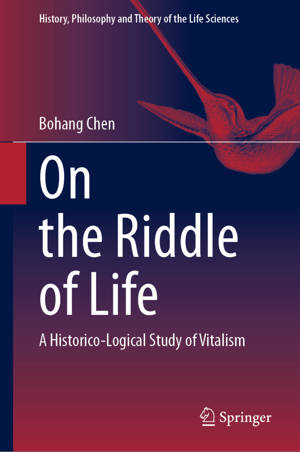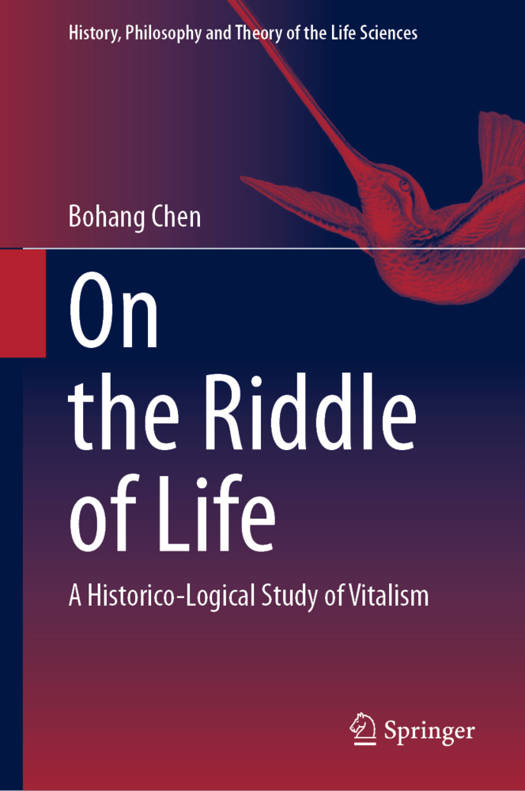
- Retrait gratuit dans votre magasin Club
- 7.000.000 titres dans notre catalogue
- Payer en toute sécurité
- Toujours un magasin près de chez vous
- Retrait gratuit dans votre magasin Club
- 7.000.0000 titres dans notre catalogue
- Payer en toute sécurité
- Toujours un magasin près de chez vous
Description
This book presents a historico-logical study of vitalism. It begins by uncovering previously unknown doctrines of vitalism from the history of science-encompassing biological, physical, and social sciences-and then subjects these doctrines to a thorough logical analysis. Through this process, the book offers a unified conceptual framework to understand the major doctrines of vitalism in the history of science, ultimately relating vitalism to the question of life. Following the classical methodological approach endorsed by Immanuel Kant, nineteenth-century philosopher-scientists like Ernst Mach, and early-twentieth-century logical analysts, including logical empiricists, British analysts, pragmatists, Husserlian phenomenologists, and neo-Kantians, this work provides unconventional and valuable perspectives on vitalism and the riddle of life, appealing to a broad audience, including scientists, historians, and philosophers of science, particularly those from biological backgrounds.
Spécifications
Parties prenantes
- Auteur(s) :
- Editeur:
Contenu
- Nombre de pages :
- 296
- Langue:
- Anglais
- Collection :
- Tome:
- n° 37
Caractéristiques
- EAN:
- 9783031706899
- Date de parution :
- 13-09-24
- Format:
- Livre relié
- Format numérique:
- Genaaid
- Dimensions :
- 156 mm x 234 mm
- Poids :
- 625 g

Les avis
Nous publions uniquement les avis qui respectent les conditions requises. Consultez nos conditions pour les avis.






